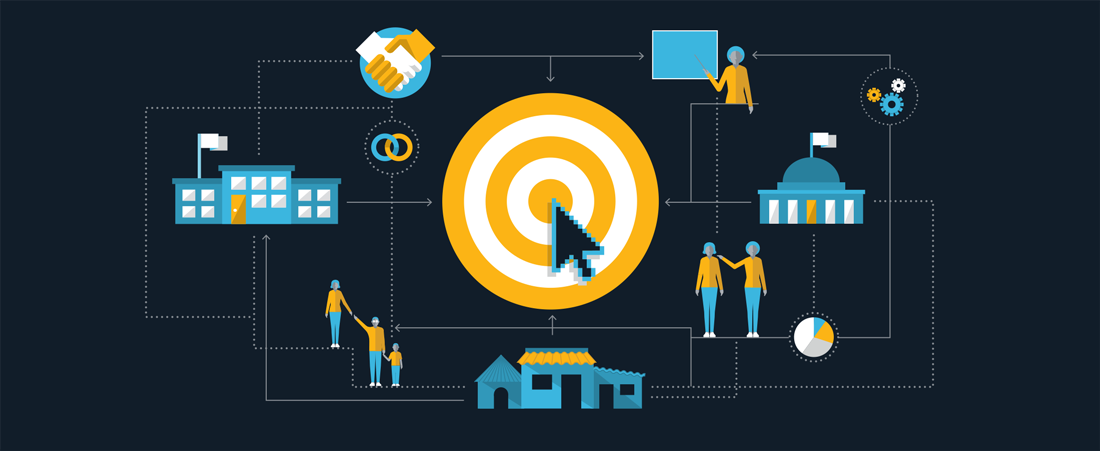
EDC’s projects are informed by our expertise in dissemination and implementation science, as well as by the experiences and wisdom of program staff and community members. We are skilled in identifying, addressing, and overcoming barriers to implementation that impede uptake, delivery, and dissemination of best practices.
In countries around the world, we have successfully implemented youth development, literacy, and health initiatives and worked with Ministries of Education and Health to improve school and health programming. In the United States, we support the implementation of evidence-based strategies, both nationally and regionally. We also work with large school districts and health systems on efforts to adopt and sustain effective interventions.
Our collaborative implementation efforts support meaningful improvements in processes and systems.
Projects
Resources
This resource focuses on how distance education technology benefits teachers and teaching.
This guide helps school districts choose the computer science (CS) curricula that best suit their communities’ needs.
This website helps suicide prevention professionals—both individuals and organizations—develop messages about suicide that are strategic, safe, and positive.
This report, jointly developed by the Center on Enhancing Early Learning Outcomes (CEELO) and the BUILD Initiative, shares findings from a think tank and working group in which early childhood lead
This collection of stories highlights the success of youth who participated in the USAID Huguka Dukore Akazi Kanoze project in Rwanda.
This free workshop kit is designed to help staff in schools, youth-serving organizations, and suicide prevention programs take action to reduce suicidal behavior among lesbian, gay, bisexual, and t
Ruwwad is a Palestinian Youth Empowerment Project, implemented by EDC and funded by USAID.
This cost analysis study of the Akazi Kanoze 2 work readiness program in Rwanda was carried out from October 2015 to October 2017.
This report builds on the DeliverEd research in Ghana, Pakistan, Jordan, Sierra Leone, and Tanzania that sheds light on the effectiveness of delivery approaches for improving policy implementation. It proposes a framework for policymakers to consider when determining whether and how to launch, learn from, and scale and sustain delivery approaches.
Featuring insights from leading researchers, this brief describes National Science Foundation Discovery Research K-12 projects that identify strategies to accomplish the following: